There is a deafening silence in the land over the state of the economy. No right-thinking person can take this silence or mood of the nation for granted. This eery silence is invariably linked to a cost-of-living crisis, exchange rate crisis, uncanny economic uncertainties and other unfavourable economic variables hovering over Nigeria like an ominous overcast and has turned the table against the average Nigerian citizen. Today’s economic realities are the byproduct of many decades of squandered opportunities and mismanagement. We are at the point where we have no choice but to get things right and bring about positive change in the renewed hope agenda of the current administration. One tool to give people hope and economic direction is the national budget, and the 2024 version of this essential national document is ripe to be laid before the National Assembly (NASS) and for NASS to do justice to it according to law and the current challenges facing the nation. This ‘budget of Renewed Hope” must depart from the norm if we are earnest about getting things right in Nigeria. However, the systems and structures that made our budgets ineffectual are still there and may succeed in pushing this new budget towards the path that destroys the essence and soul of the budget.
In ordinary times, the national budget should reflect our values, priorities, pursuit of economic stability and broad growth anchors. This is even more important in a crisis period. In the recent past, this has not been our experience. National budgets have served purposes other than the one it is meant for – starting from unrealistic budget formulation, budget padding, duplication of projects, allocation of projects to agencies outside its mandate, the deliberate creation of multiple pipelines for corruption purposes, and underspending to unsatisfactory budget implementation. But these are no ordinary times. The budget must reflect the mood of the nation. People are hurting from devastating economic hardship, and the 2024 budget must be the first blueprint and anchor of hope for millions of Nigerians looking for solutions to their many problems. My ordinary expectation is that the Executive arm would put up a budget that focuses on sectors of urgent national concern;social welfare, education, health, transportation, power, agriculture, and internal security. The budget will show the direction of this government in the next year, and the president will expect NASS to keep to the spirit and letter of the budget and not deviate from it to help him champion his renewed hope agenda.
Analysing the Nigerian budget over the last decade provides insight into the country’s economic trends, government priorities, and overall fiscal management. A critical review of these budgets highlights some of the negatives that have led us to our economic quagmire, and we must keep such negatives from creeping into and affecting the 2024 budget if we want it to be fit for purpose. The Nigerian budget is often influenced by factors such as oil prices, internal security challenges, infrastructure development, and social welfare programmes. However, as dynamic as the Nigerian circumstances are and the complexities that define our economic realities, our bane comes more from structural decays and ineptitude than from the content, spirit and intentions behind the budget or the known trends that inevitably affect them. Some of these known trends are outlined below.
First, Nigeria heavily relies on oil revenue, which has led to budget volatility due to fluctuations in global oil prices. During high oil prices, the budget tends to increase, leading to ambitious spending plans. However, during oil price slumps, the government often faces significant revenue shortfalls and struggles implementing planned projects. Second, Nigeria ran a deficit budget for over a decade. Nigeria’s debt profile has risen in the last decade as the government has resorted to borrowing to bridge revenue shortfalls and finance infrastructure projects. The increasing debt burden has raised concerns about the country’s debt sustainability, particularly in servicing these debts. Third, Nigerian budgets pander towards recurrent expenditure rather than capital expenditure and infrastructural development. Besides, these insufficient capital and infrastructural projects have been fraught with challenges such as corruption, inadequate project planning, and implementation delays that have hindered the successful execution of these projects. Fourth, most budgets during Buhari’s eight-year tenure have a significant slant towards social welfare, focusing on poverty alleviation, job creation, and social empowerment but the impact and effectiveness of these initiatives have been a subject of debate and scrutiny. Fifth, past budgets showed increased efforts to diversify the Nigerian economy away from oil dependence, focusing on sectors such as agriculture, manufacturing, and technology with minimal result to show for it.
Overall, the Nigerian budget in the last decade reflects a mix of challenges and opportunities, highlighting the need for improved fiscal management, transparency, and sustainable economic reforms to foster inclusive growth and development. However, the most significant difficulty with our budgets is the corruption around the budget both at the formulation and implementation stages. ICPC alleged that civil servants padded 2021 and 2022 budgets with projects duplication worth over N400billion. BudgIT, a non-governmental civic organisation, also alleged that there were insertions of 6,576 “strange”projects by federal lawmakers in the 2022 budget, which bloated the budgets of different federal ministries, contributing further to a breach of the budget ceiling safeguards announced by the Budget Office of the Federation on August 19, 2021. On poor implementation of budget due to inadequate budget formulation, data collated by BudgIT has shown that only 13 out of the 36 states in Nigeria implemented 80 per cent of their budgets for the 2022 fiscal year. And the federal government has never attained 60% implementation in recent times. Most of the underspending is on Capital expenditure. Besides, for ten years, from 2012 to 2022, we have consistently earned less revenue than we budgeted, meaning we always chose the option of debt financing. The same applies to budget performance, we have always spent less than budgeted. Unrealistic budgeting has created credibility problem for Nigeria’s budget. This is even worse by the over-bloated prices for projects that bring little relief to the people.
Invariably, four constituencies have lofty expectations from this 2024 budget. The citizens of Nigeria, especially the majority going through rough economic times, expect this budget to be a turning point for them. To them, it is a budget of hope – a renewed hope for a better future and a better Nigeria that Mr president promised them during his campaign. However, the citizens must show a keen interest in the budget-making process. Citizen participation in the budget-making process leads to a responsive budget allocation by the National Assembly, enhances good governance, and improves the delivery of public services. The international community is waiting for the budget to see whether we are serious about shifting direction and doing things differently. They will have to judge whether it is business as usual or whether Nigeria has taken a stand to match rhetoric with actions in its bid to become an economic giant. Students of history and economics are waiting to see if this budget will be the start of a new epoch that will mark on the sands of time indelibly that this set of leaders will transform Nigeria forever. The last constituency is the National Assembly, and it behoves them to perform their oversight functions properly during the budget implementation phase and leave up to their mandate.
Over the past decade, there have been concerns about the actual disbursement and effective utilisation of budgeted funds, leading to challenges in achieving developmental goals and meeting the population’s needs. Ensuring effective budget implementation and accountability has been a persistent challenge in Nigeria. Corruption, mismanagement of funds, and weak institutional frameworks have hampered the efficient utilisation of budgetary allocations, undermining the country’s development efforts. The Nigerian Executive and NASS have a responsibility to get things right with the new budget. If not, we are on a long road to perdition.
Nigerians have expectations of the Executive and NASS regarding the 2024 budget formulation, ratification, implementation, and accountability. We expect a workable and realistic budget. We expect a cut down on the cost of governance. We expect less deficit, reduced or elimination of waste, and reduced debt profile. They must eschew all forms of budget padding, intentional duplication of projects, and deliberate creation of multiple pipelines for corruption purposes. The 2024 budget must lay the foundation for the economic growth of Nigeria by at least starting the process of diversifying the economy, addressing unemployment, and tackling poverty. We expect patriotism to drive the budget formulation process to the advantage of Nigeria and Nigerians and not the benefit of a few. We are in an economic ocean; we must either swim or sink. And swim we must!






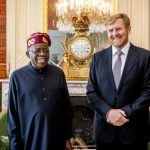



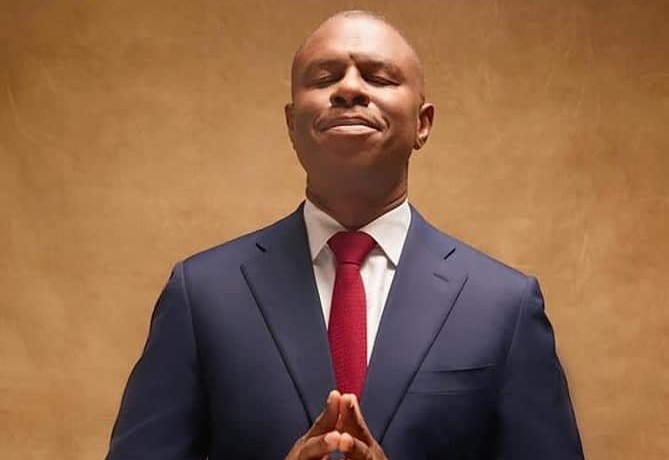


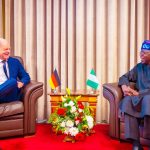


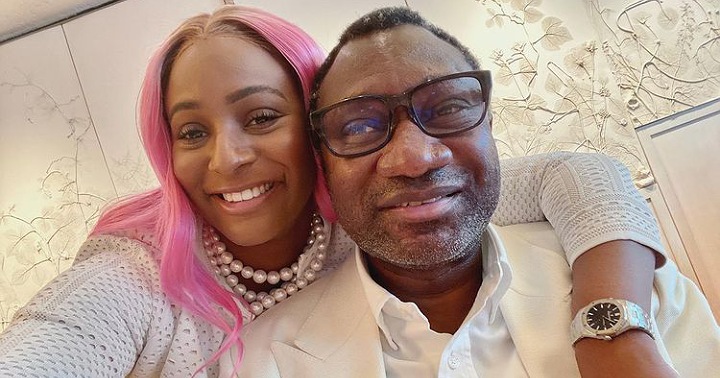



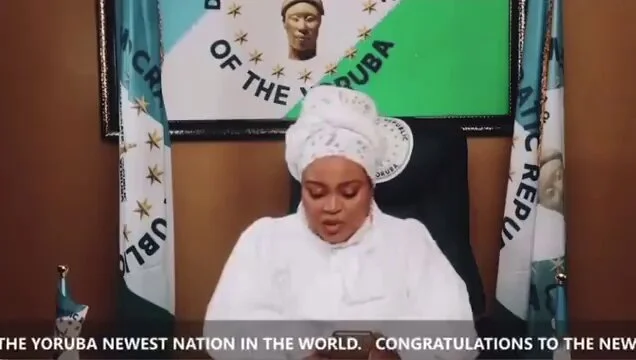
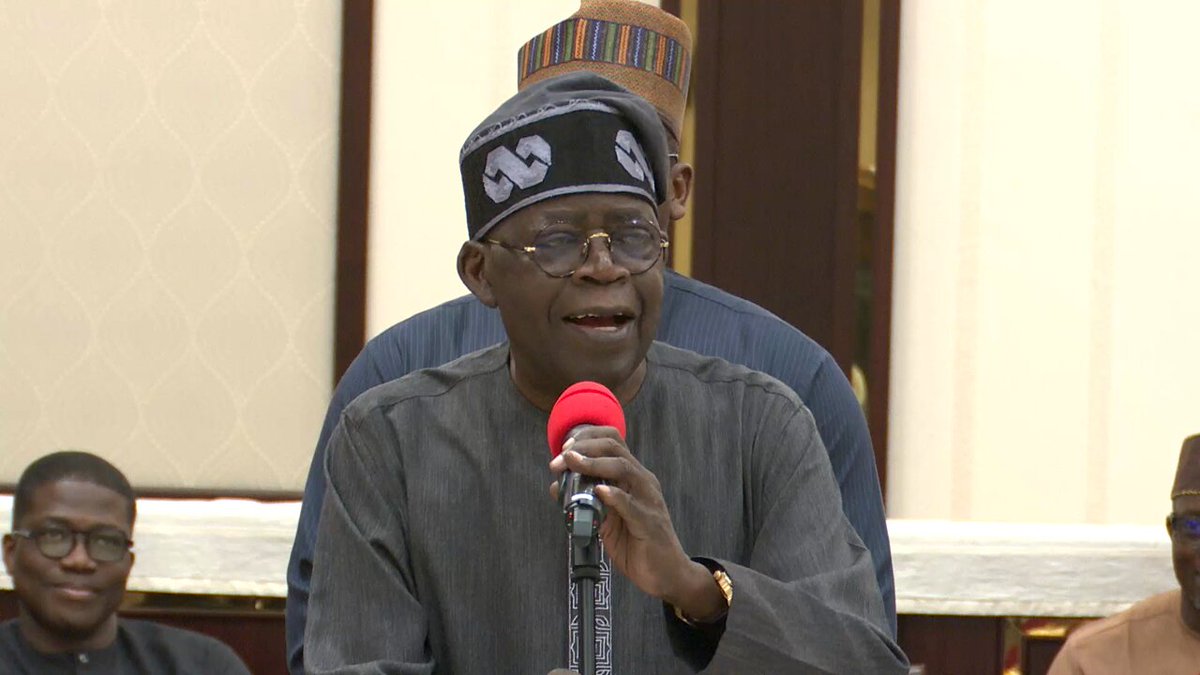
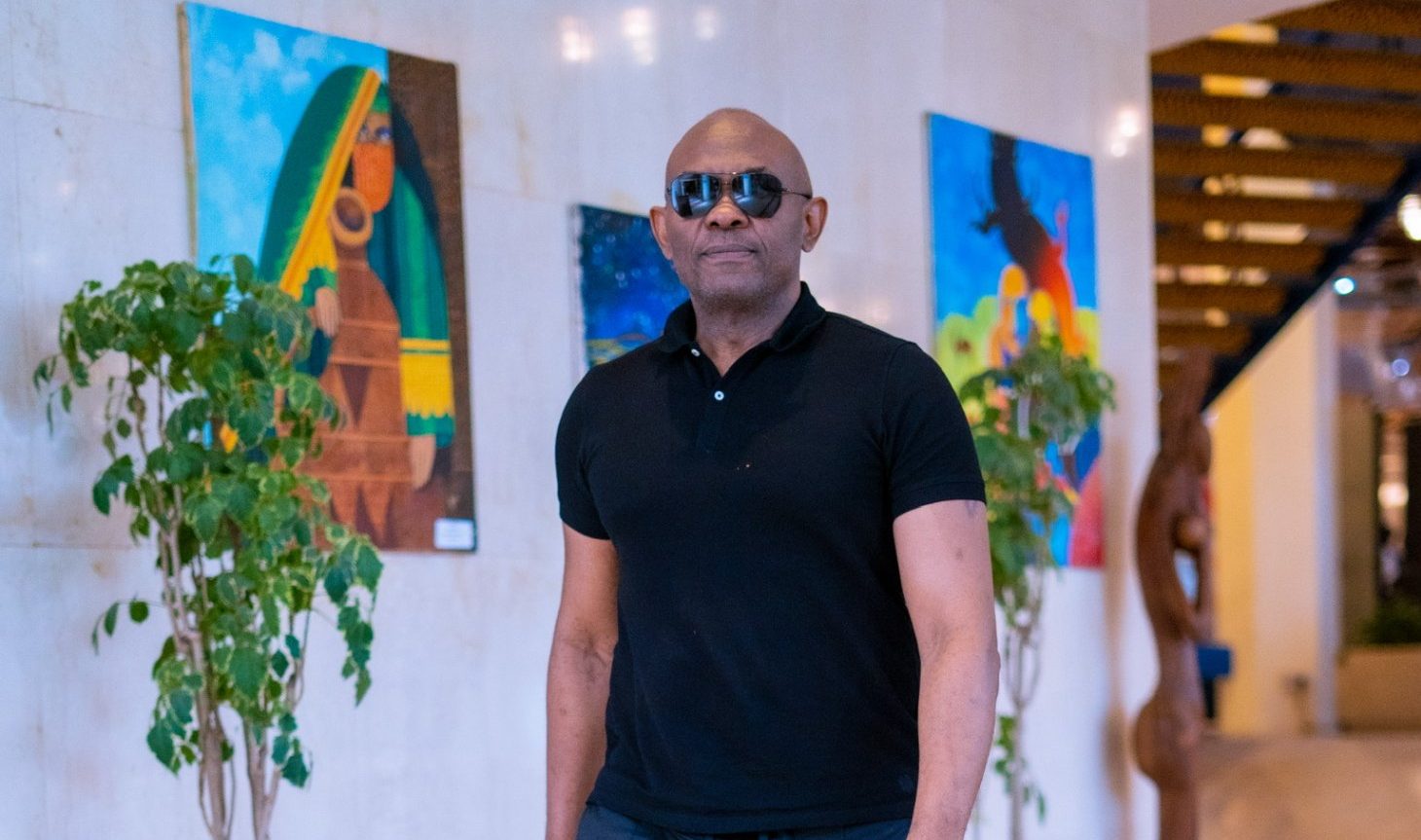


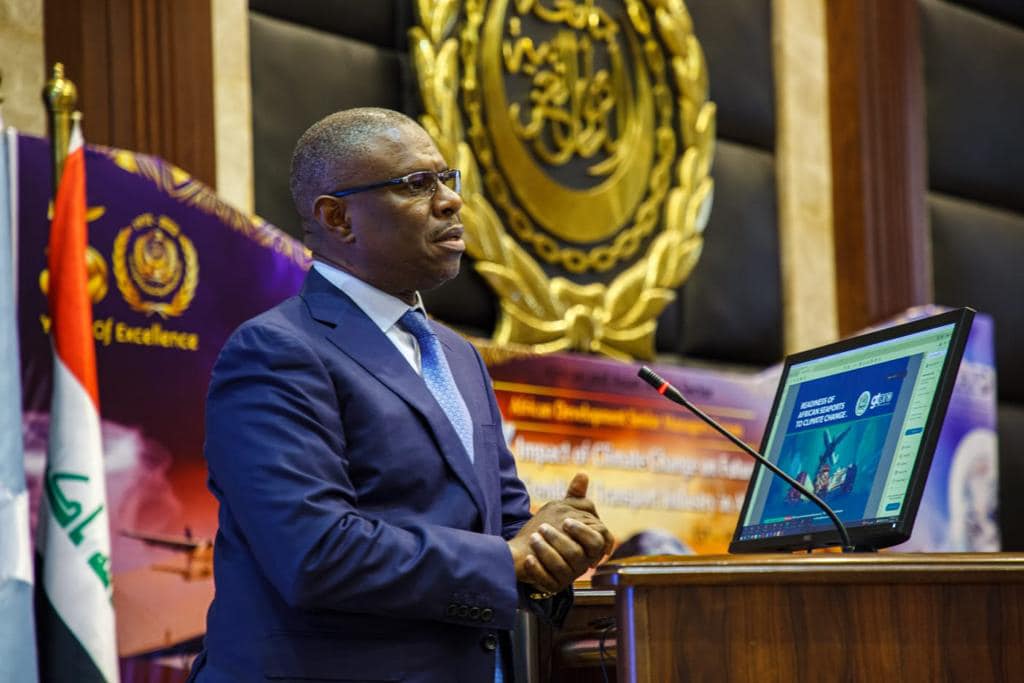

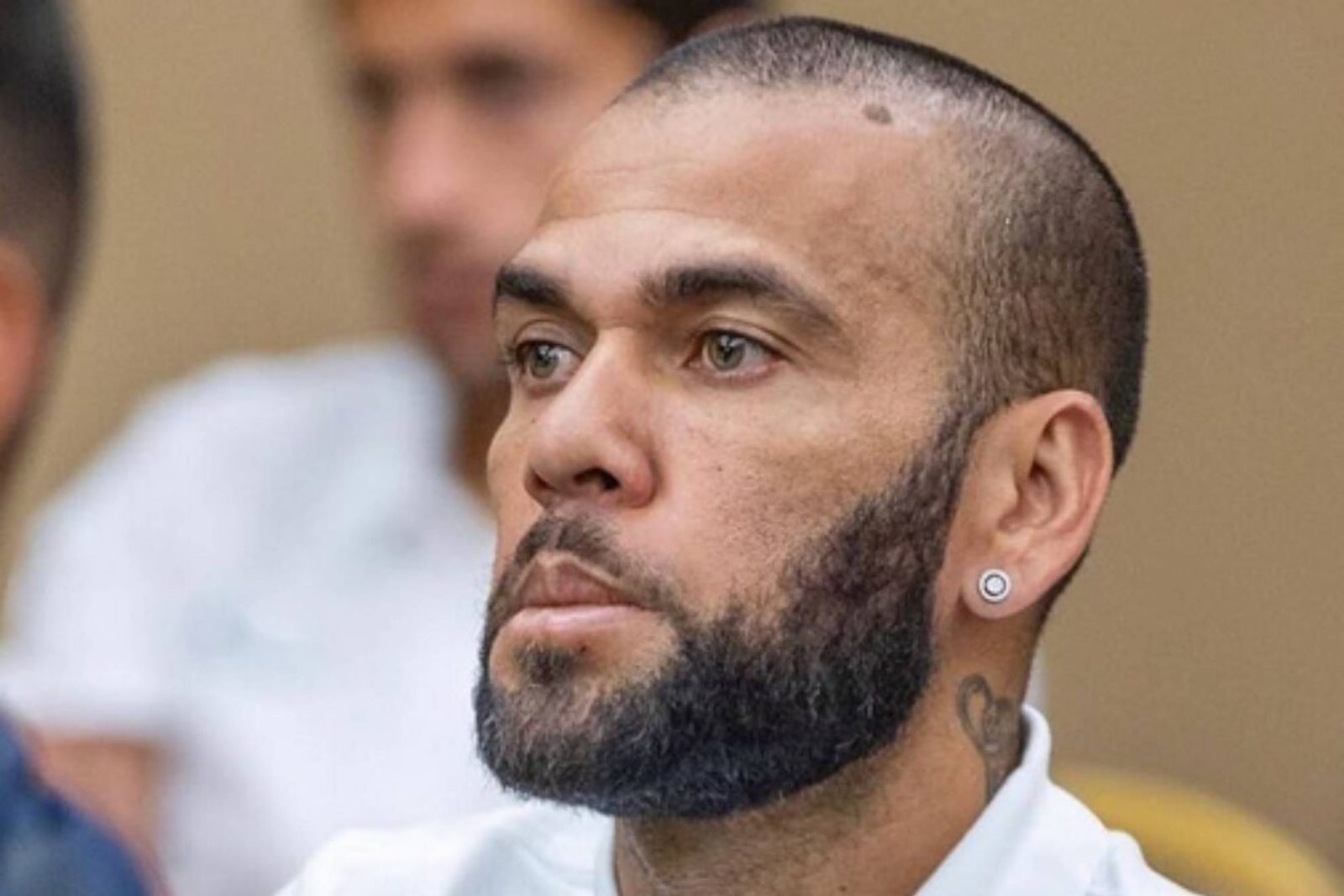
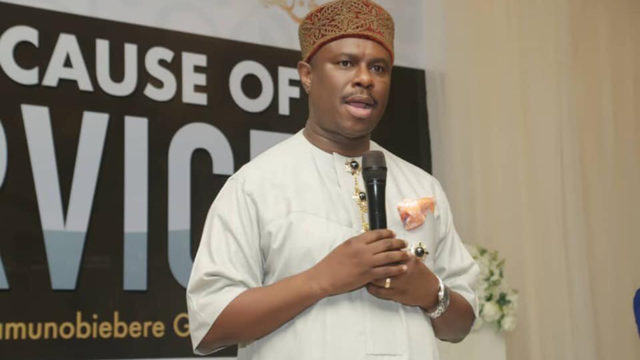

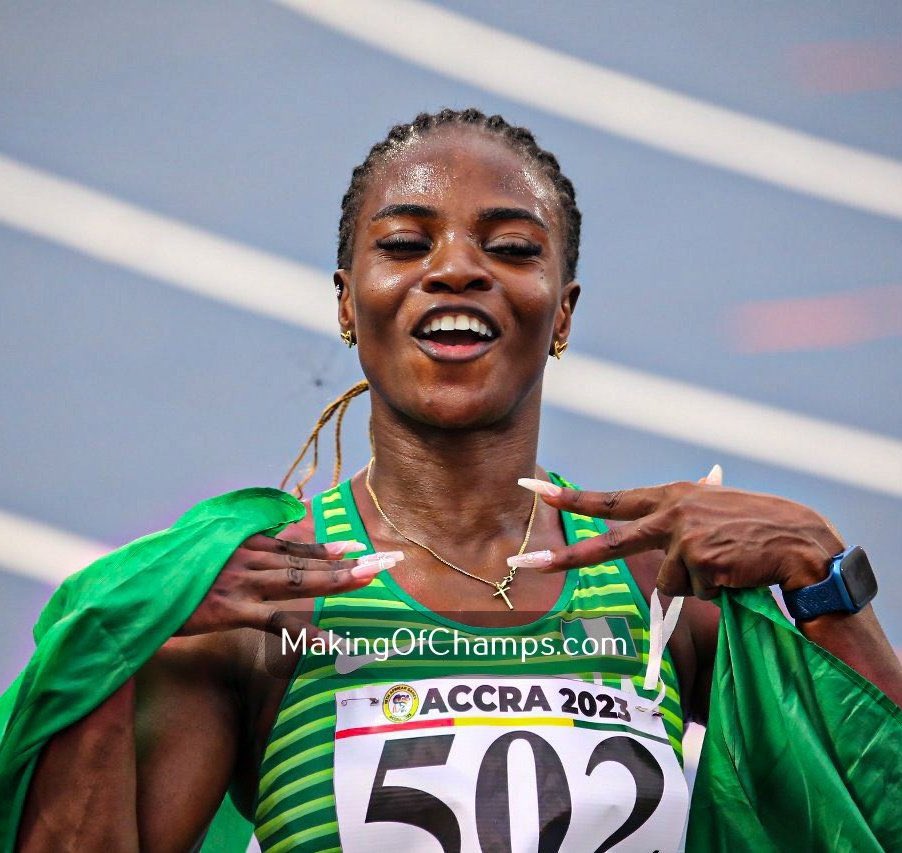
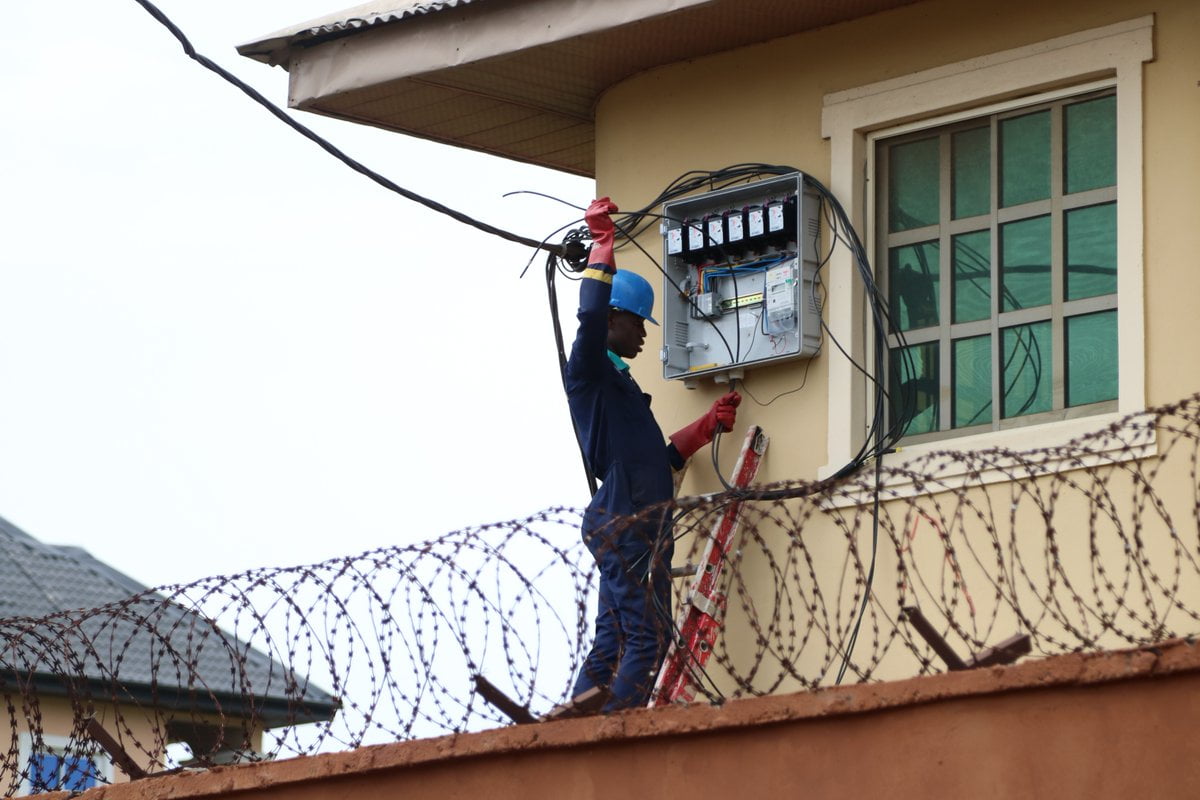


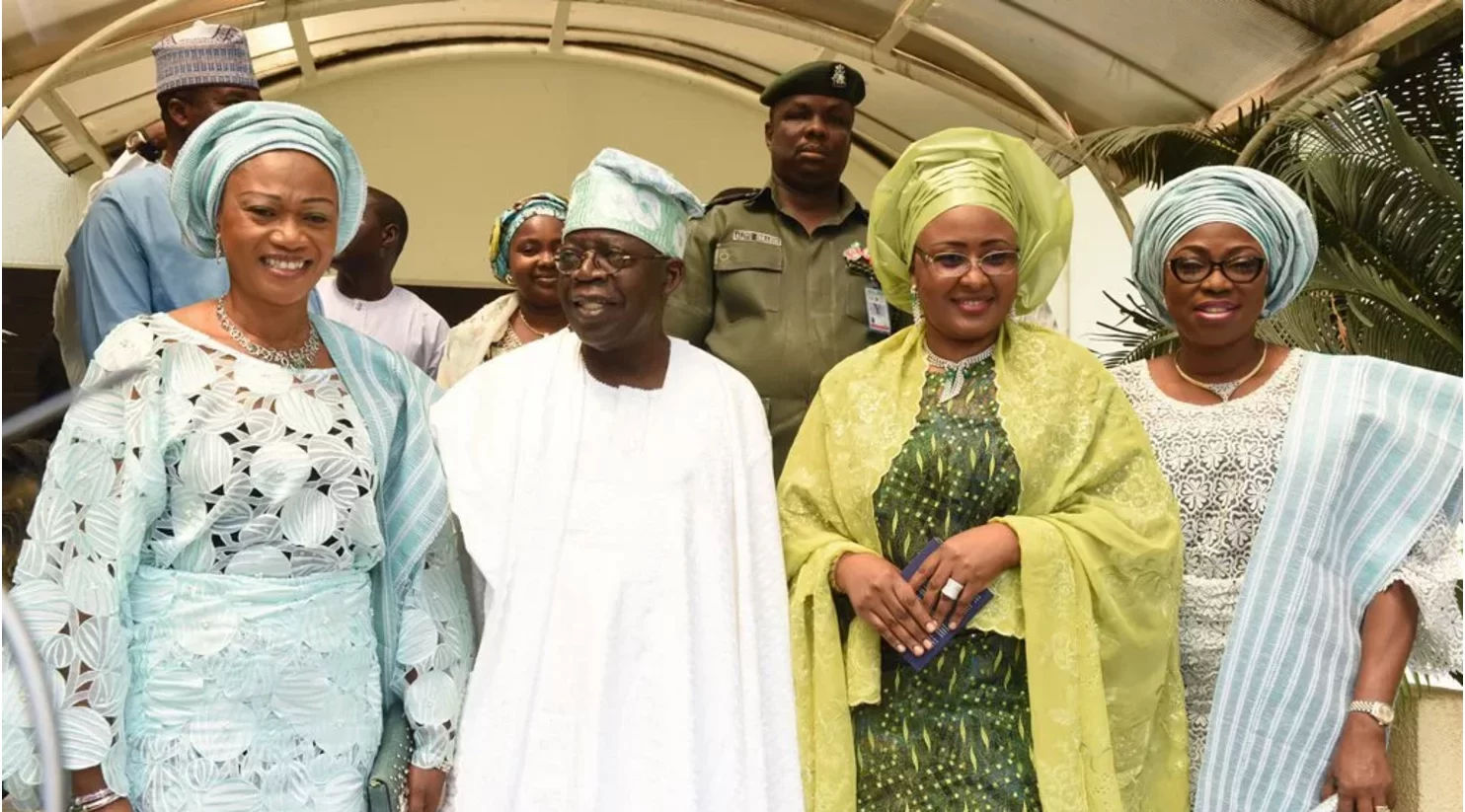

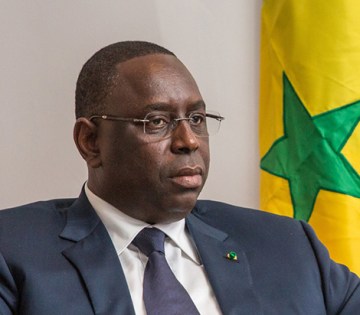
Leave a comment